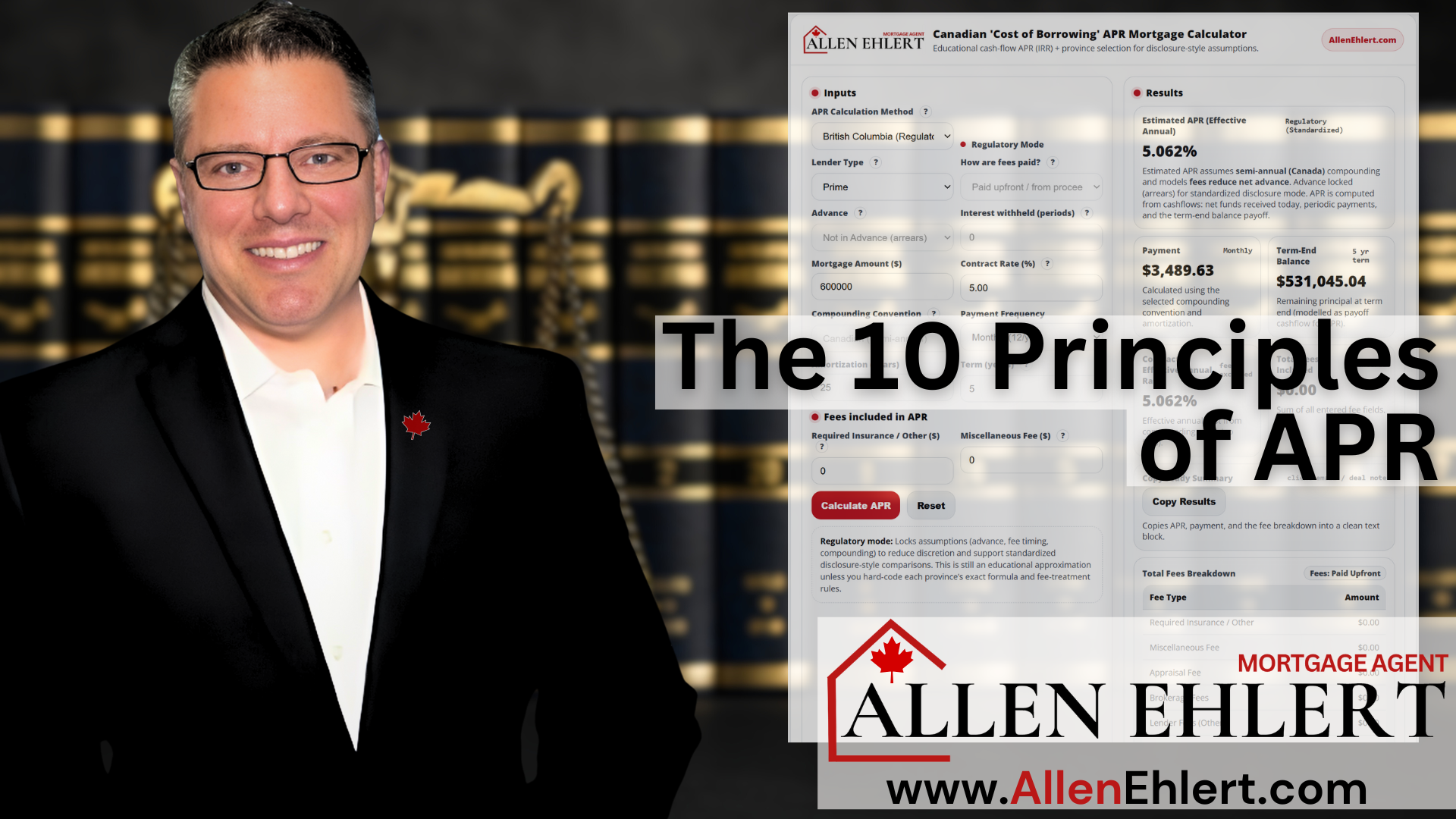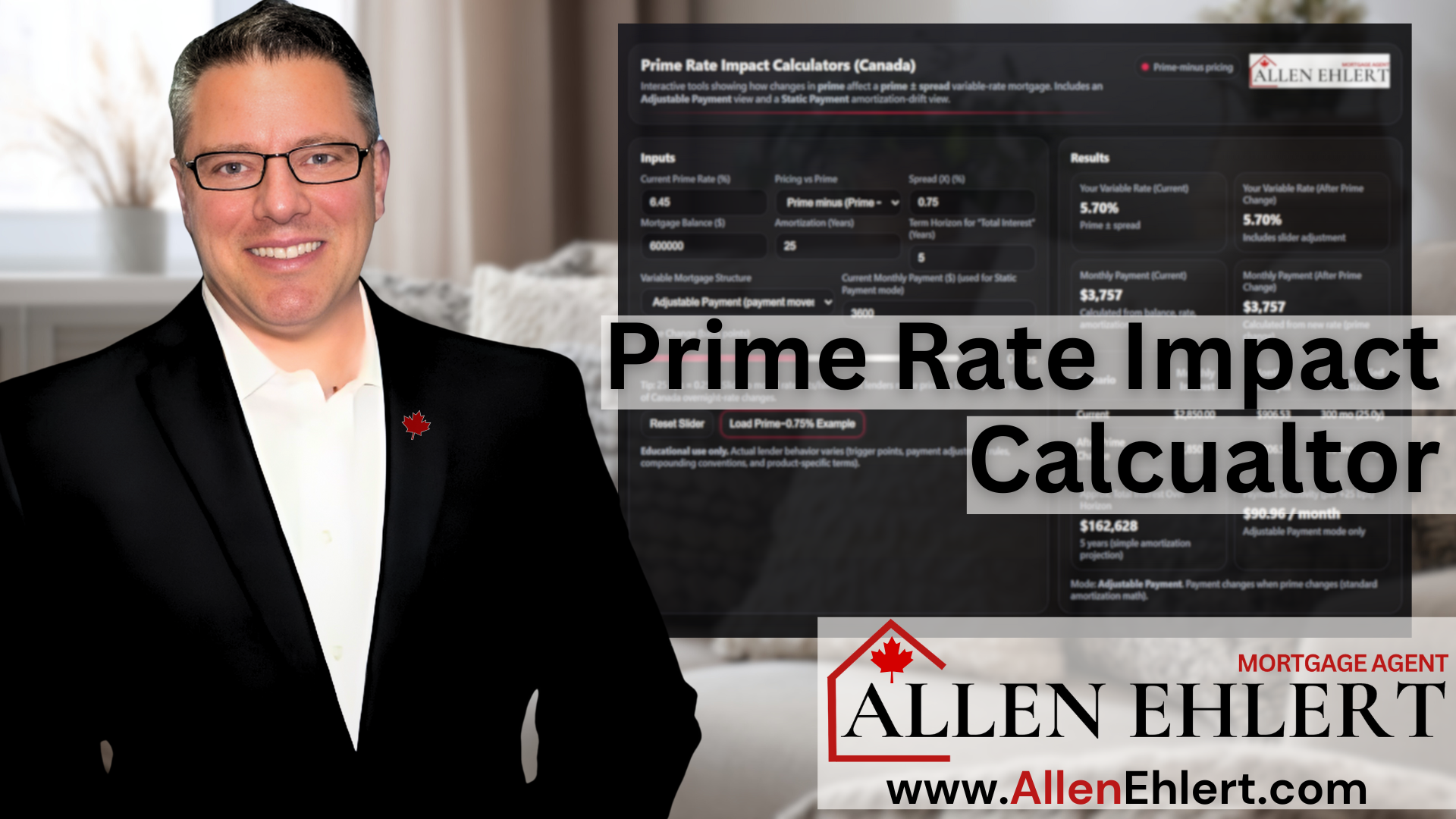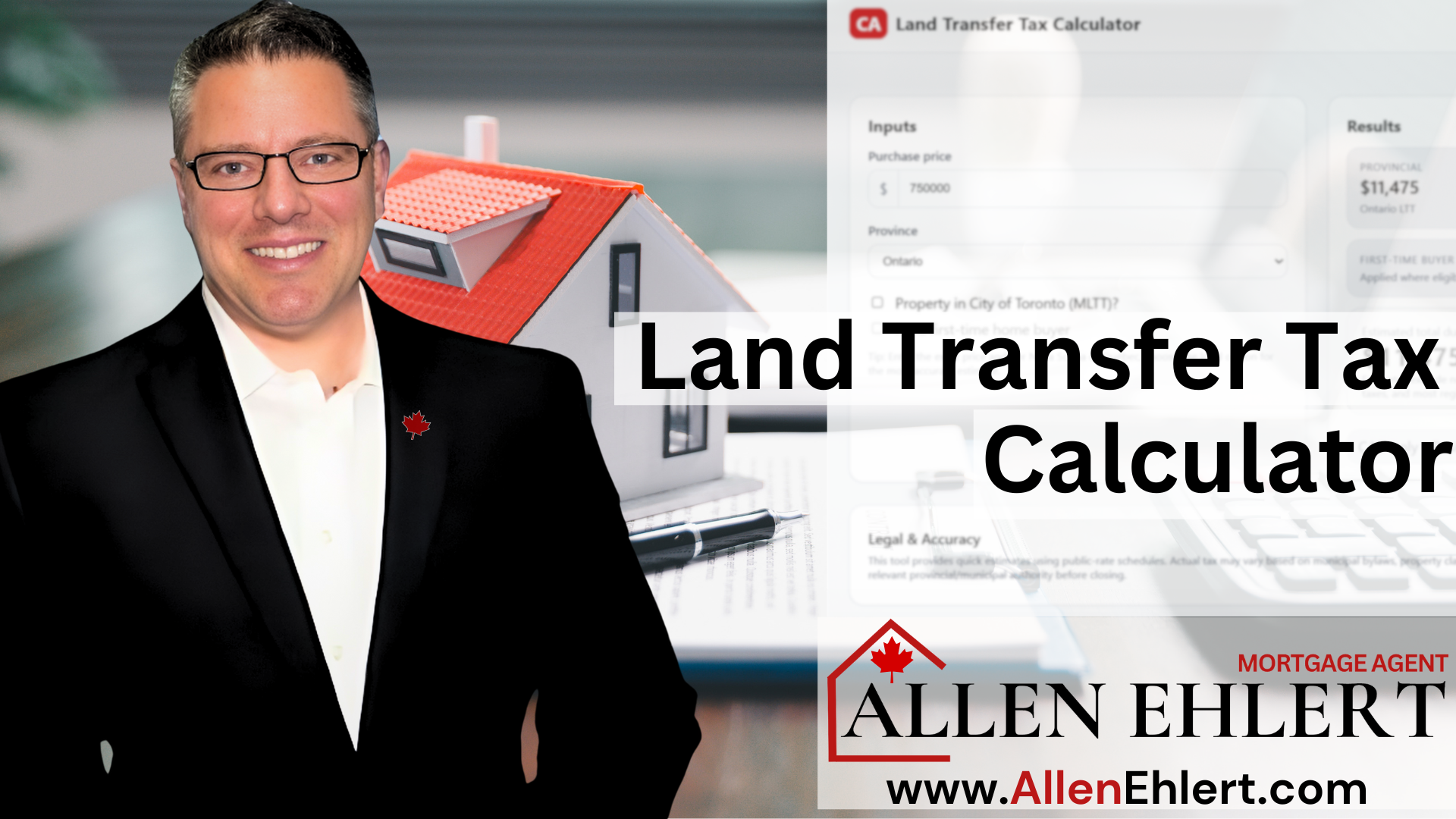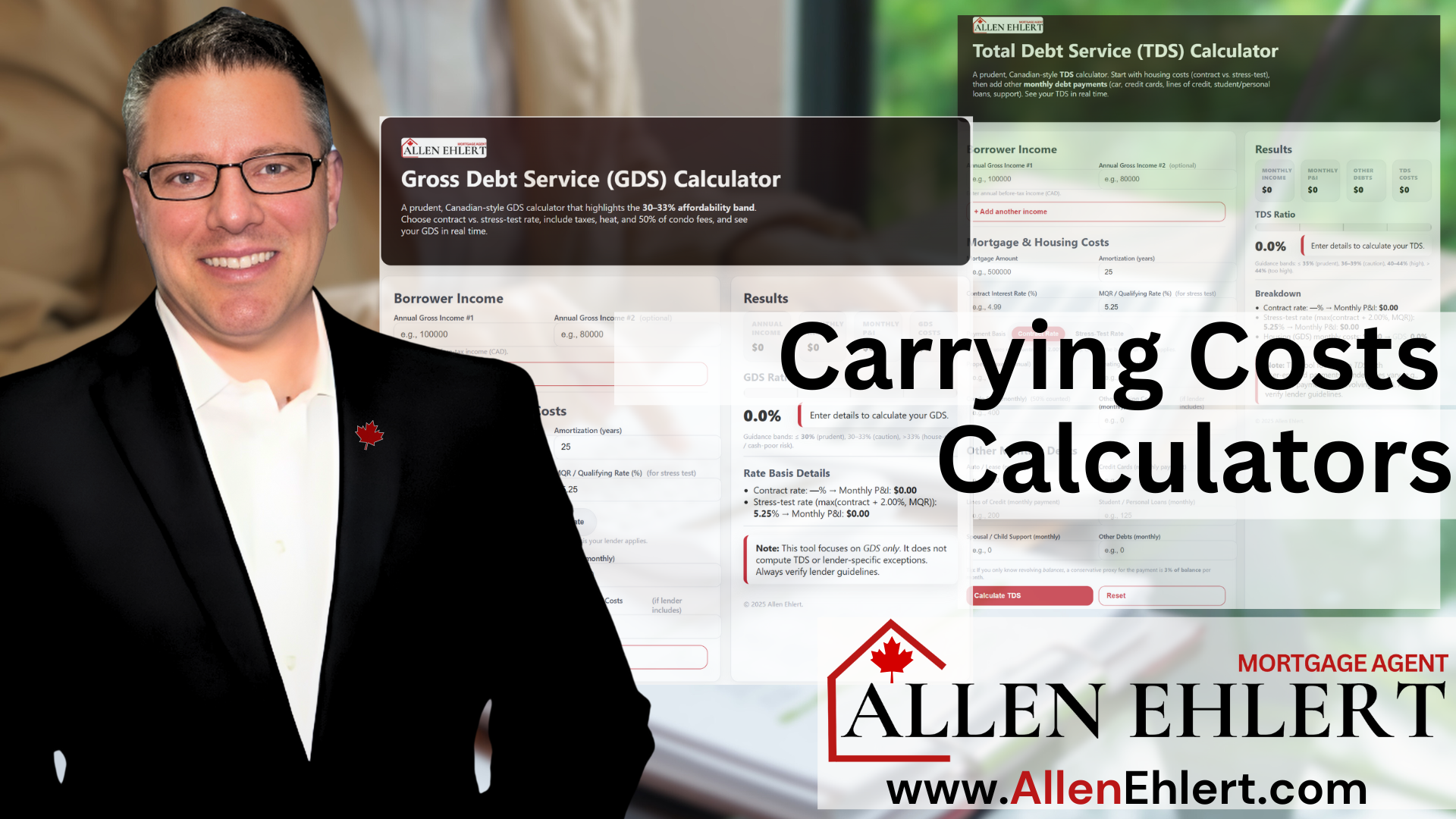… Documents, Income, Down Payment & What Lenders Are Actually Looking For
So, you’re thinking about buying a commercial property — maybe it’s an apartment building, maybe it’s a warehouse, maybe it’s that strip plaza you’ve been driving past for years thinking, “One day.” Well, guess what? That “one day” could be closer than you think — if you know how to qualify for a commercial mortgage.
Now, I’m going to be straight with you: commercial mortgages are not as cut-and-dry as residential ones. There’s no neat checklist where you show your paystub, flash a good credit score, and walk out with keys. Lenders are more cautious, more detailed, and — let’s be honest — a little more skeptical when it comes to commercial lending. They want proof, not promises.
But don’t worry. I’m going to walk you through what they’re really looking for, the documents you’ll need, and how to stack the odds in your favour.
What I’m Covering:
What Lenders Want to See for Income
The Down Payment: How Much and Why
What Lenders Are Actually Evaluating
How You Can Use This Knowledge to Your Advantage
What Documents You’ll Need
Let’s start with the paperwork because — no surprise here — lenders love a good paper trail. If you want your application to go smoothly (and you do), these are the usual suspects:
- Property Details: MLS listing, feature sheet, floor plans, property condition reports, environmental reports (Phase I, maybe Phase II if needed).
- Appraisal: A commercial appraisal from a recognized, reputable firm.
- Financial Statements: If the property is income-producing, you’ll need rent rolls, current leases, and historical operating statements (usually 2-3 years).
- Personal Financial Statement (PFS): This outlines your assets, liabilities, net worth, and liquidity.
- Business Financials: If your business is tied to the property, lenders will want to see 2-3 years of financials, plus current interim statements.
- Tax Returns: Both personal and corporate, typically the last 2-3 years.
- Credit Reports: Yes, even for commercial deals, your credit still matters.
The cleaner and more organized this package is, the more confidence you’ll instill in the lender.
What Lenders Want to See for Income
Unlike residential mortgages, where it’s all about your income, commercial mortgages care more about how the property performs.
Lenders will zero in on:
- Gross Rental Income
- Operating Expenses (utilities, taxes, insurance, management fees, repairs, etc.)
- Net Operating Income (NOI) — this is the big number they care about.
- Debt Service Coverage Ratio (DSCR) — lenders typically want to see a DSCR of 1.20 or higher. That means the property earns at least 20% more than the annual debt payments.
If it’s an owner-occupied building (like you’re running your business out of it), they’ll also want to see your business’s income, expenses, and cash flow stability.
The Down Payment: How Much and Why
Here’s where commercial lending separates the serious from the window shoppers. Down payments are bigger.
- Standard is 25% to 35% down.
- Higher-risk properties? You might need to put down even more.
- Strong cash flow and a prime location might allow for a little less, but don’t count on CMHC saving the day like in residential lending.
Why? Because lenders want to know you’re invested. A bigger down payment lowers their risk and shows them you’re not about to walk away when times get tough.
What Lenders Are Actually Evaluating
Sure, they want documents and numbers, but behind the scenes, lenders are asking themselves three big questions:
Can this property pay for itself?
The property’s income needs to comfortably cover its expenses and the mortgage payments.
Can this borrower weather the storm?
They’re looking at your liquidity (cash reserves), your net worth, your experience, and your credit history.
Is this asset worth the risk?
Location, condition, tenant quality, local market demand — all of it matters. They’re thinking about resale value, too.
They’re not just lending on a building. They’re lending on the combination of you + the property + the market.
How You Can Use This Knowledge to Your Advantage
Let’s say you’re buying a small multi-family building. Here’s how you could work this knowledge into your strategy:
- Tidy up your rent rolls. Make sure all leases are current, signed, and clear.
- Get ahead of expenses. Show realistic operating expenses — lenders will notice if you’re underestimating.
- Boost your liquidity. Having cash in the bank makes lenders breathe easier.
- Be organized. Have your paperwork ready and complete — messy files raise red flags.
Or, maybe you’re buying an industrial unit to house your own business:
- Prepare solid financial statements for your company.
- Show a strong business plan, especially if this is a growth move.
- Have your down payment ready, and then some.
The better prepared you are, the smoother this goes. And smoother usually means better terms, better rates, and fewer headaches.
Allen’s Final Thoughts
Qualifying for a commercial mortgage isn’t just about having the money. It’s about presenting a clear, professional, well-prepared package that shows lenders why your deal makes sense. They want to see stability, profitability, and a borrower who knows what they’re doing.
At the end of the day, commercial lending is about minimizing risk — for them and for you. The more proactive you are with your financials, your property details, and your overall presentation, the more likely you are to get terms that work in your favour.
And that’s where I come in.
How I Can Help
As your mortgage agent, I don’t just pass your paperwork along. I help you build a strategy, package your deal properly, and find lenders who fit your goals.
Here’s how I help you win:
- Organize your documents so they tell a compelling story
- Identify lenders that specialize in your type of property or business
- Position your application to highlight strengths and minimize concerns
- Negotiate terms that protect your cash flow and future flexibility
- Guide you through the process from first call to final signature
Whether you’re buying, refinancing, or expanding, I’m here to help you approach lenders with confidence, clarity, and a plan that puts you in the driver’s seat.
Let’s chat when you’re ready to make your next move — I’ll help you get there the smart way.












